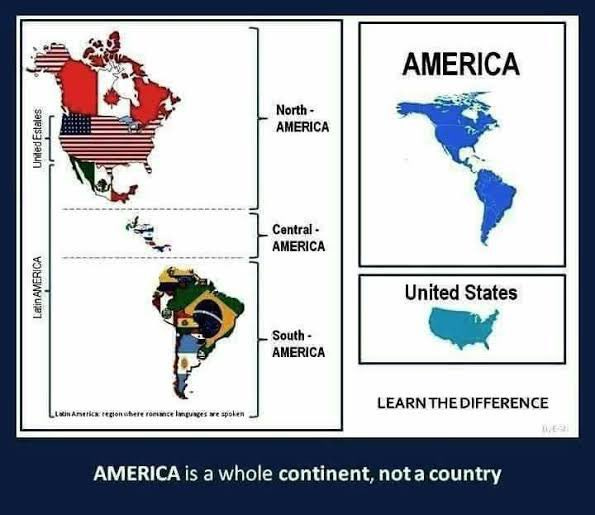Navigating Cultural Waters: Why Latin Americans Are Upset When Americans Call Themselves "American"
In the intricate tapestry of global communication, one seemingly innocuous term has the power to stir emotions and ignite debates: "American." Surprisingly, many Mexicans and Latin Americans take issue with the casual use of this term by their northern neighbors. Let's delve into the reasons behind this sentiment and explore the historical nuances that …



